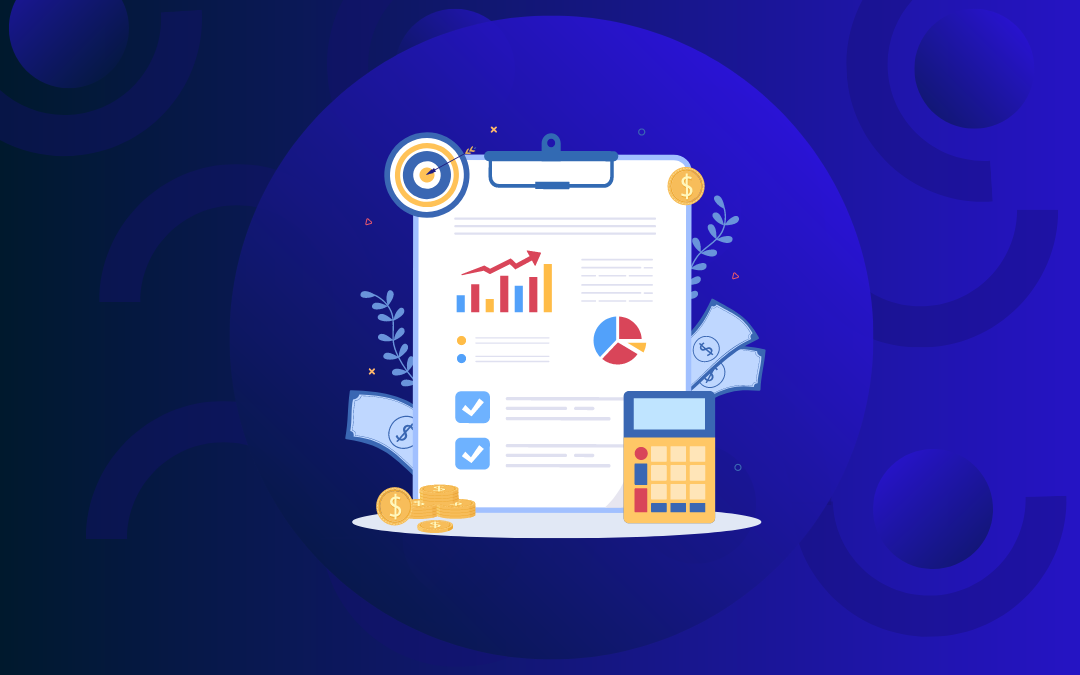
Before we tell you why management accounts make sense, let us guide you on what they are and how they differ from financial accounts.
What are Management Accounts?
Management accounts, or accounting, are financial reports explicitly created for internal use within a business or organization. These reports provide essential information to management, allowing them to make informed decisions that can help drive the company’s success.
While management accounts may not be required by law, they are crucial for businesses looking to remain competitive in today’s fast-paced marketplace. Let’s now look at how management accounts differ from financial accounts.
What is the Difference Between Management Accounts and Financial Accounts?

Financial accounts are financial statements prepared primarily for external stakeholders such as investors, lenders, regulators, and the government. The financial accounts typically include:
• A balance sheet.
• Income statement.
• Statement of cash flows.
• Notes to the financial statements.
The financial accounts provide information about the company’s financial performance, liquidity, and solvency and are prepared according to accounting standards legally followed in Ireland.
On the other hand, management accounts are financial statements prepared primarily for internal stakeholders such as management, employees, and owners. Management accounts are used to make informed decisions about the business’s operations, such as identifying opportunities for cost savings, improving profitability, and making strategic decisions.
The management accounts can include various financial and non-financial information, such as budgets, forecasts, performance metrics, and variance analysis. Unlike financial accounts, management accounts are not required to comply with the instructions of a standards body and can be tailored to the business’s specific needs.
Now that you know the difference between management and financial accounts, let’s explore why they make sense and how they can benefit your business.
It makes Strategic Planning Easy
Management accounts provide a valuable tool for strategic planning by offering insights into the financial health of a business. The data and insights provided by management accounts can help management identify areas of the company that are underperforming and need improvement and areas that are performing well and should be further developed.
With this information, management can develop strategies and make informed decisions that align with the business’s long-term goals. If the business has identified specific strategic objectives, management accounts can significantly create short-term plans to reach those long-term goals.
Enables Effective Decision Making
Management accounts provide an up-to-date snapshot of the financial health of a business, enabling management to make informed decisions quickly. By having access to real-time financial information, management can identify potential issues and take corrective action before they become significant problems.
Provides Valuable Insights
Management accounts provide valuable insights into the financial health of a business, offering a wealth of information to make informed decisions. This information includes sales figures, profit and loss statements, balance sheets, cash flow statements, and other critical financial data.
By having access to this information, management can better understand the business’s financial position and identify growth opportunities.
Facilitates Performance Measurement
Management accounts provide a valuable tool for measuring the performance of a business. By tracking key financial metrics such as revenue, profit margins, and return on investment, management can identify areas where the business is performing well and where improvements can be made.
This information can then be used to develop strategies to improve performance and drive the business’s success.
Helps With Budgeting
Management accounts can also be used to help with budgeting by providing a clear view of the business’s financial health. By having access to this information, management can develop realistic budgets aligned with the business’s long-term goals.
Management accounts can also help with cash flow forecasting, enabling management to plan for potential cash flow issues and take corrective action if necessary.
Do we need to prepare management accounts?
Management accounts, which are sometimes also called management reports, month end reports or monthly financials are for the business to use, there is no legal requirement to prepare these.
They do not need to be sent to Companies House or HMRC.
They are intended to help business owners get a better understanding of the financial performance of their business, to help them make better business decisions using this information.
Do management accounts just include financial information?
They can just include financial information but at Telfords we recommend that you include non-financial information to provide more meaning and relevance to you and your team.
You can include reports on other important business measures or key performance indicators (KPI’s) in your business.
How should I use management accounts information to improve my business?
Your business management information should provide you with relevant and meaningful information which will enable you to measure and improve business performance.
If we look at financial performance for example, the following are examples of KPI’s you could measure:
• monthly sales
• gross profit margin
• net profit margin
• staff costs as a % of sales
How often should I prepare management accounts?

This really depends on you and your business. We recommend that they should be prepared at least quarterly. Some businesses prefer monthly.
The key is to use the information to enable you to make better business decisions, such as:
do we need to improve our gross profit margin?
when can we afford to take on a new employee?
when is our cash position strong enough to purchase new vehicles?
which areas of our business generate the best return and should we concentrate on?
do we need to increase our sales and marketing spend?
do we need to get additional funding in place to finance business expansion?
To Sum It Up
Management accounts make sense for businesses of all sizes. They provide valuable insights into the financial health of a business to help the management make the right decisions.
By providing real-time financial data, management accounts help with strategic planning, effective decision-making, performance measurement, and budgeting. With so many benefits, it’s no wonder that management accounts have become an essential tool for businesses looking to remain competitive in today’s marketplace.




